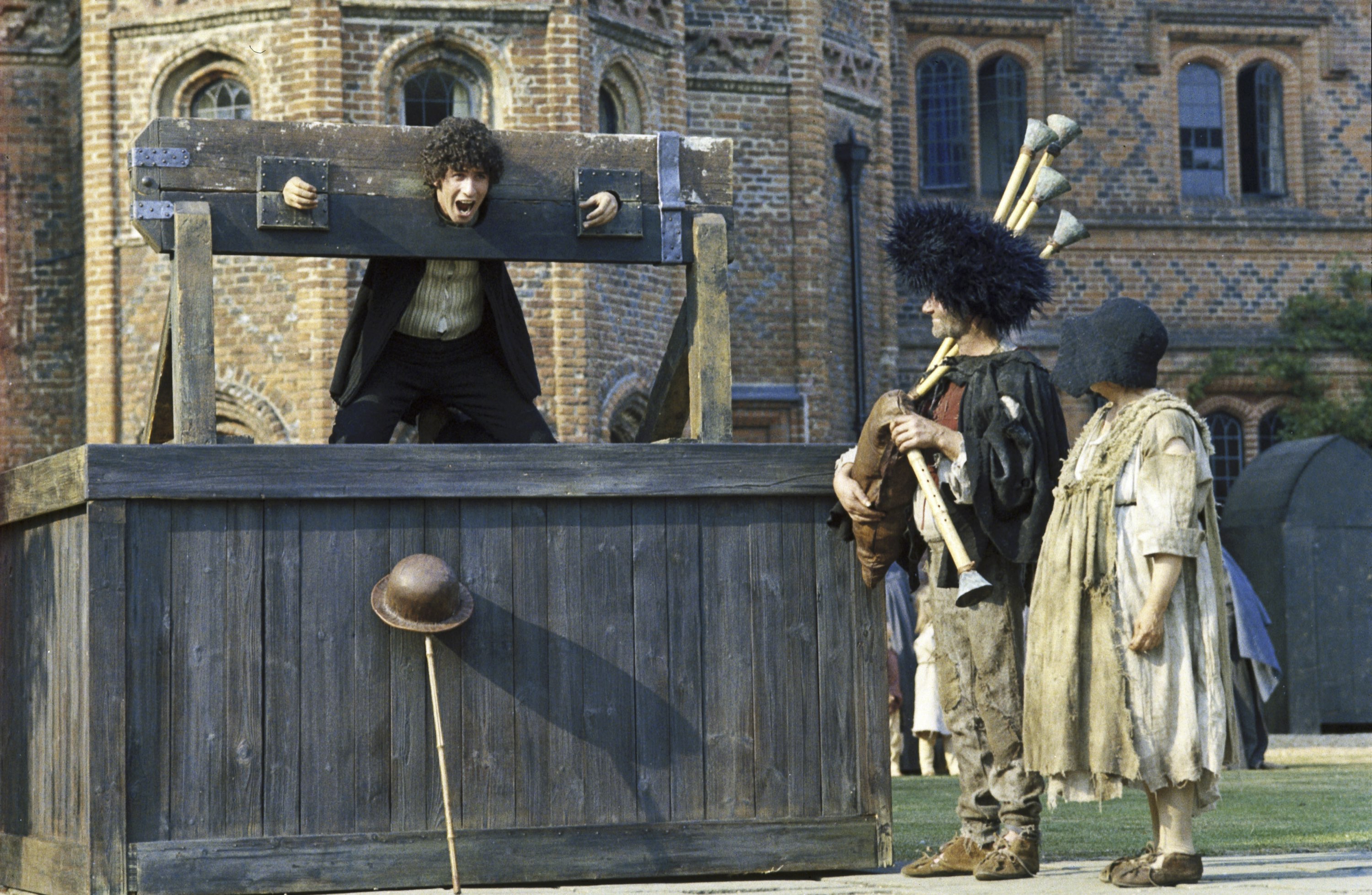

The collective experience of audiences in a cinema watching great films is at the heart of what Park Circus is about. We love films, shared stories and escapism, and we like to ask some of our friends from across the film industry to recommend some of their favourite films for audiences to enjoy on the big screen.
This month's Guest Picks feature focuses on Pier Paolo Pasolini, with 5 March 2022 marking the centenary of his birth. We asked David Ward, Professor of Italian at Wellesley College, Massachusetts, to share his expert insights into one of the great Italian filmmakers of the 1960s and '70s.
Pier Paolo Pasolini is rightly famous for films like The Decameron, The Canterbury Tales, and Arabian Nights; and rightly infamous for Salo, the film he completed in 1975 just before his brutal murder. But Pasolini was also the author of a number of lesser known short films made earlier in his career, all worthy of critical attention, all crying out to be seen by a wider audience.

The Canterbury Tales (1972) - Image courtesy of Metro-Goldwyn-Mayer
Here I will refer to two: Che cosa sono le nuvole? (What Are Clouds?), made in 1968 as an episode of the collective film Capriccio all’italiano (Italian Caprice) and La sequenza del fiore di carta (The Paper Flower Sequence), again made in 1968 as an episode of another collective film, Amore e rabbia (Love and Anger).
Both films feature one of Pasolini’s favourite actors: Ninetto Davoli. Ninetto is Pasolini’s face of innocence - always bemused, sometimes embittered - in the face of the reality he encounters. In What Are Clouds?, Ninetto is a puppet version of Othello from Shakespeare’s tragedy of the same name, forced to act out the actions and words of the script an all-powerful puppeteer has given him. Ninetto is thrust into the world of history, power, deceit, racism, misogyny, and domestic violence - a world that is alien to him, but envelops him, erasing his better instincts. Ninetto cannot come to terms with this toxic reality.

Arabian Nights (1974) - Image courtesy of Metro-Goldwyn-Mayer
At the end of the film, he is murdered for his ill deeds by the theatre's audience, freed from his puppet strings. Only when he is thrown into a landfill, deemed of no use, a waste, and raises up his eyes and sees for the first time the clouds gliding before him across the sky can he see reality - unhampered - for all that it is: a glorious spectacle, an aesthetic feast, the like of which he has never seen before. Freed from his strings, Ninetto gains consciousness of reality - a fundamental theme for Pasolini. In his films and novels, those moments when consciousness is gained for the first time are magical and marvellous. They are times of discovery and illumination that he will seek to repeat all through his artistic career, whether in film, poetry, prose, painting, or theatre. Pasolini has no time at all for individuals who refuse to have consciousness of the world.
In The Paper Flower Sequence, we see the opposite face of Ninetto: an innocent who wilfully ignores reality and refuses consciousness of it. We see him parade down Rome’s via Nazionale, sometimes holding a red paper flower, a poppy, a huge grin spread across his face as, superimposed on the film, newsreel footage of historical events, figures,, and the outrages of the war in Vietnam appear. We see all this, yet Ninetto doesn’t; and because of this he incurs Pasolini’s wrath. Blissful ignorance is not an option in a world like ours. We cannot afford to be barren fig trees, the other title - Il fico secco - by which the film is sometimes known.




